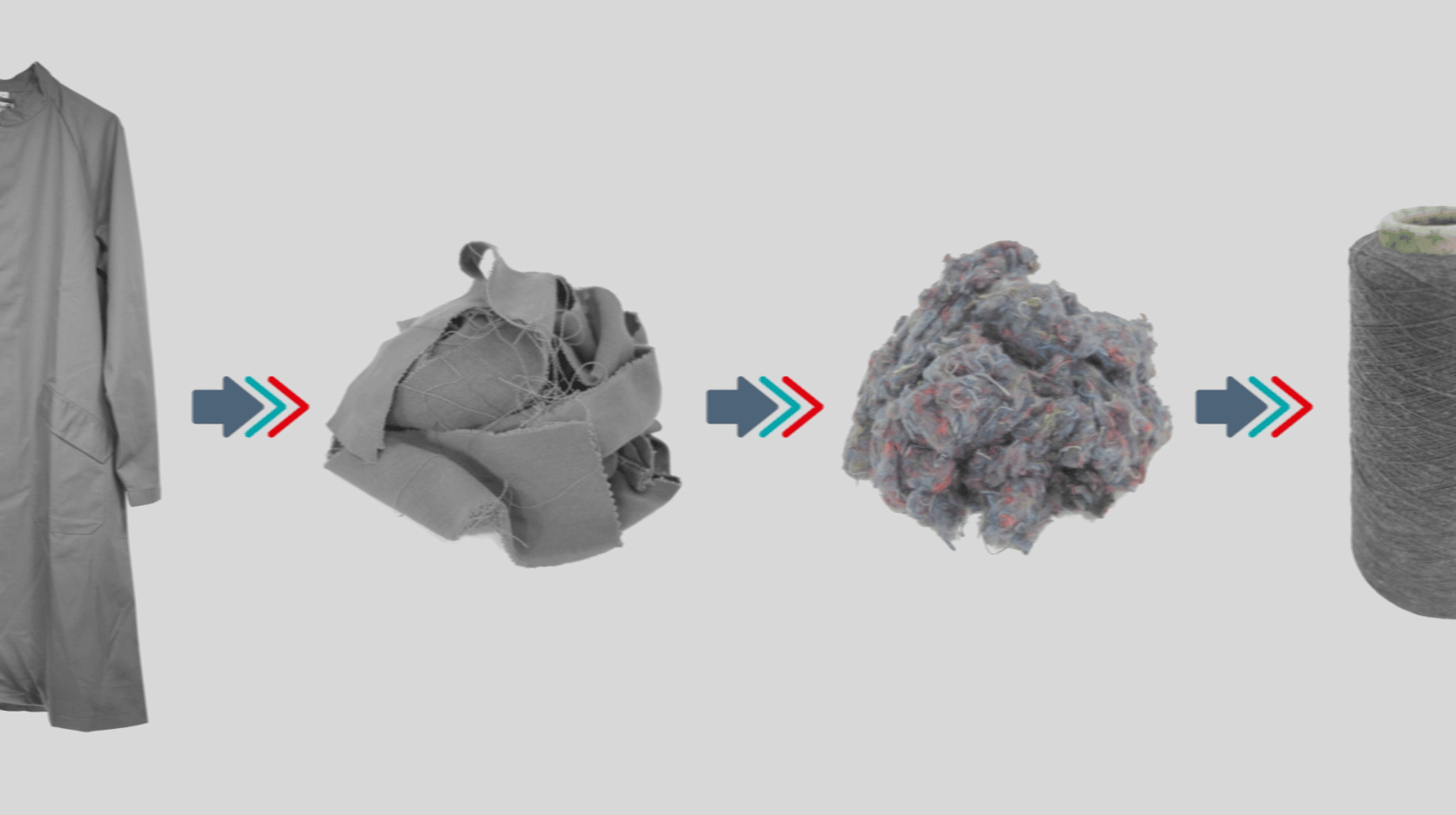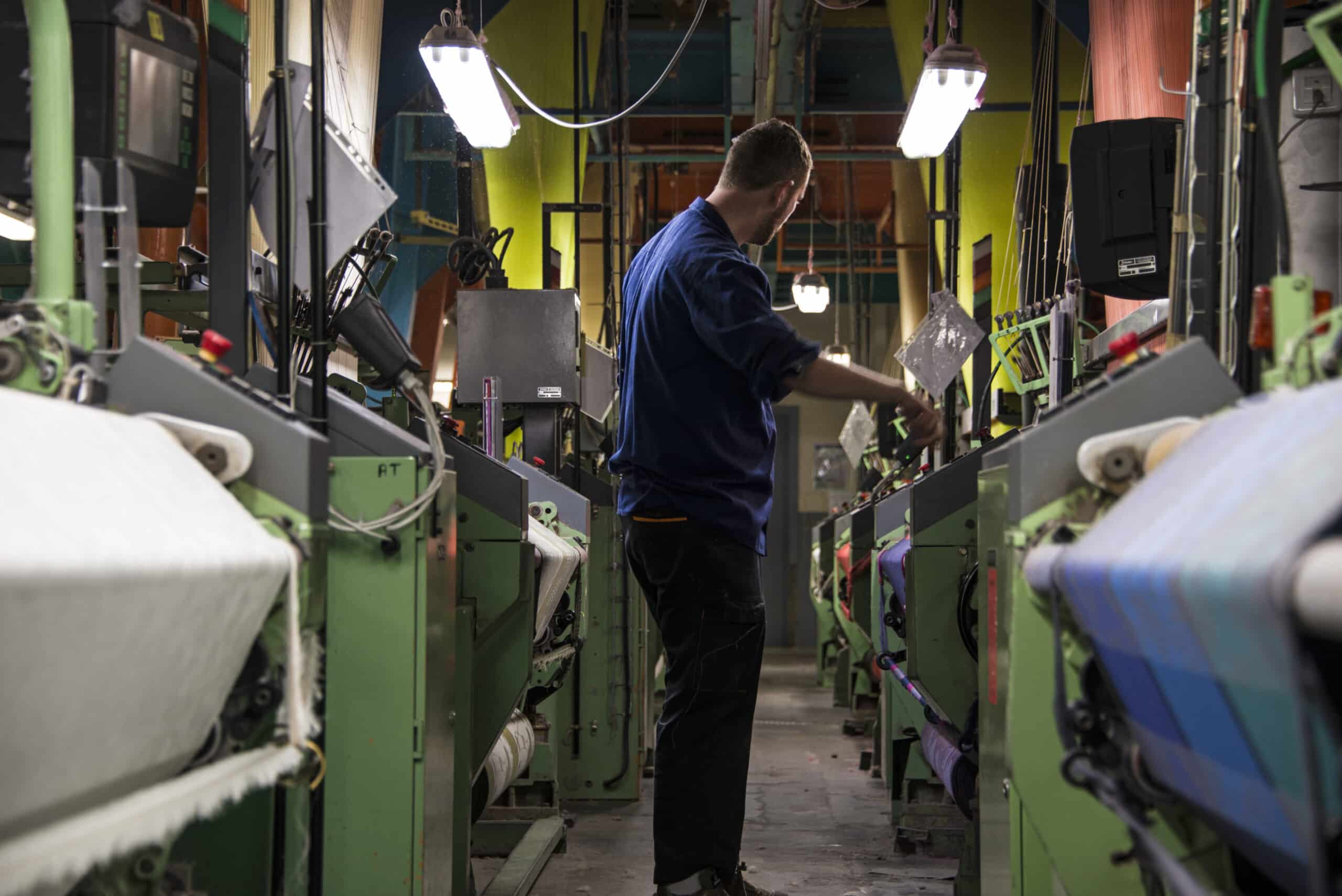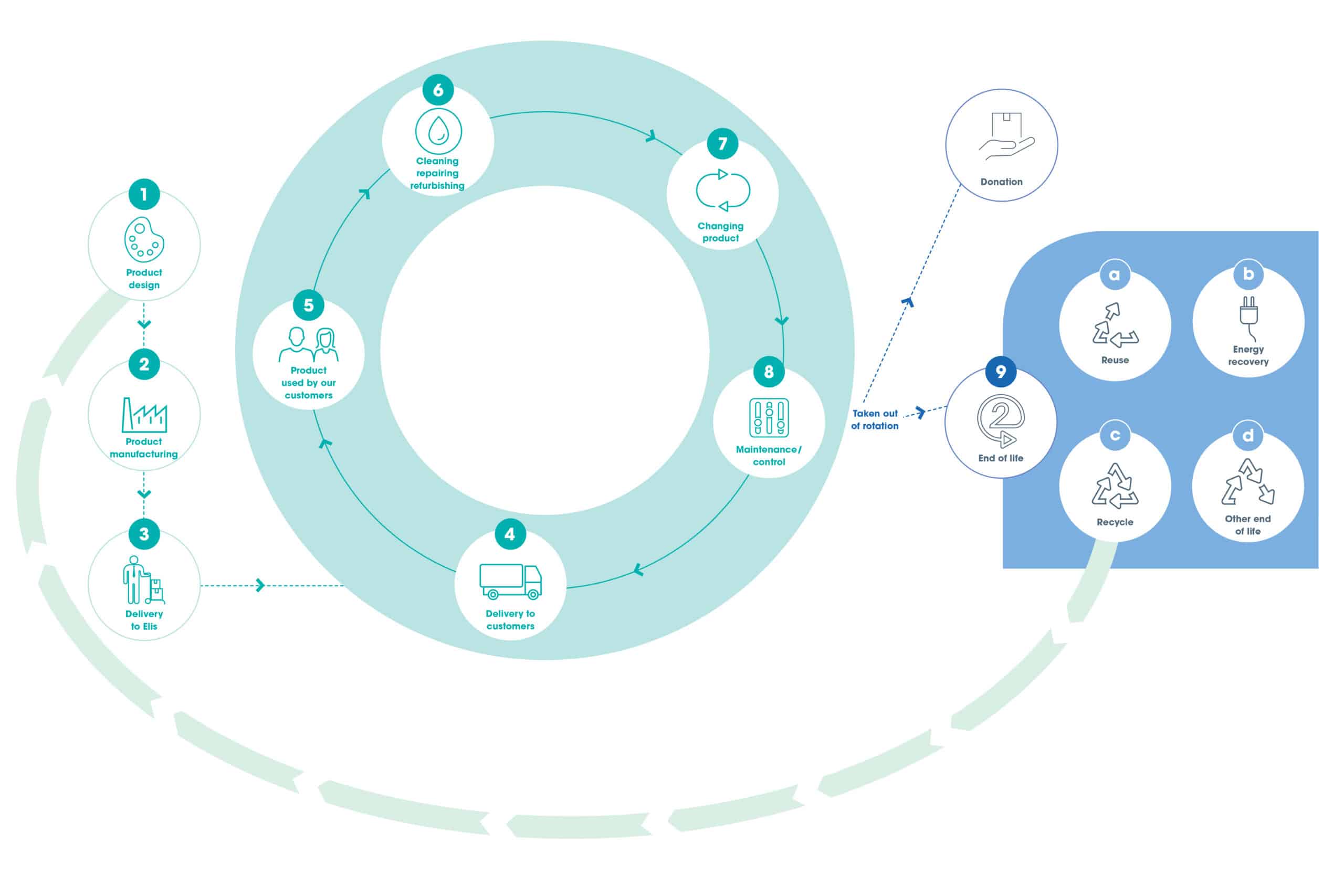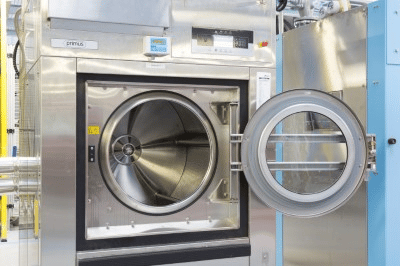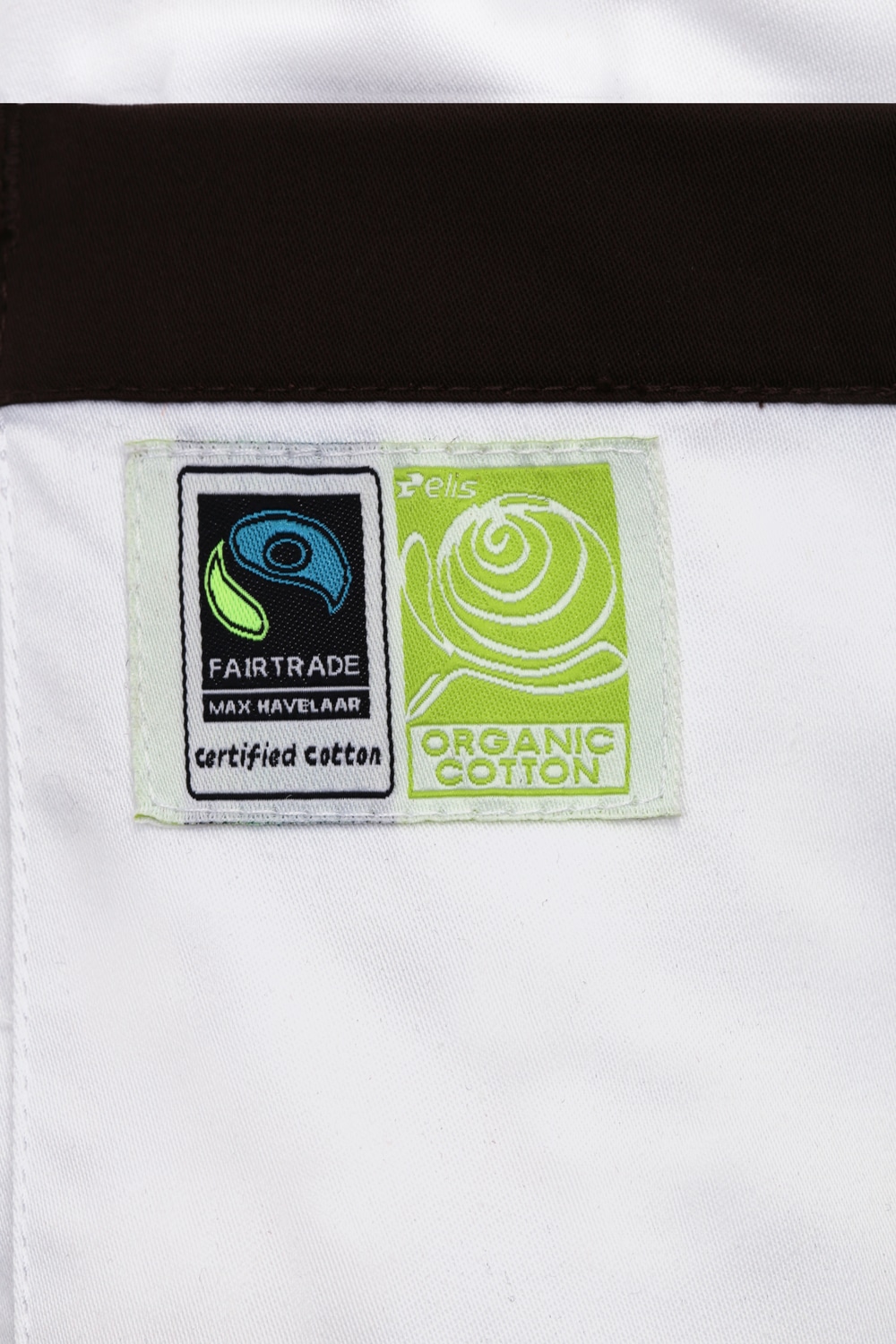Recover 90% of the company’s used textiles in France by 2020
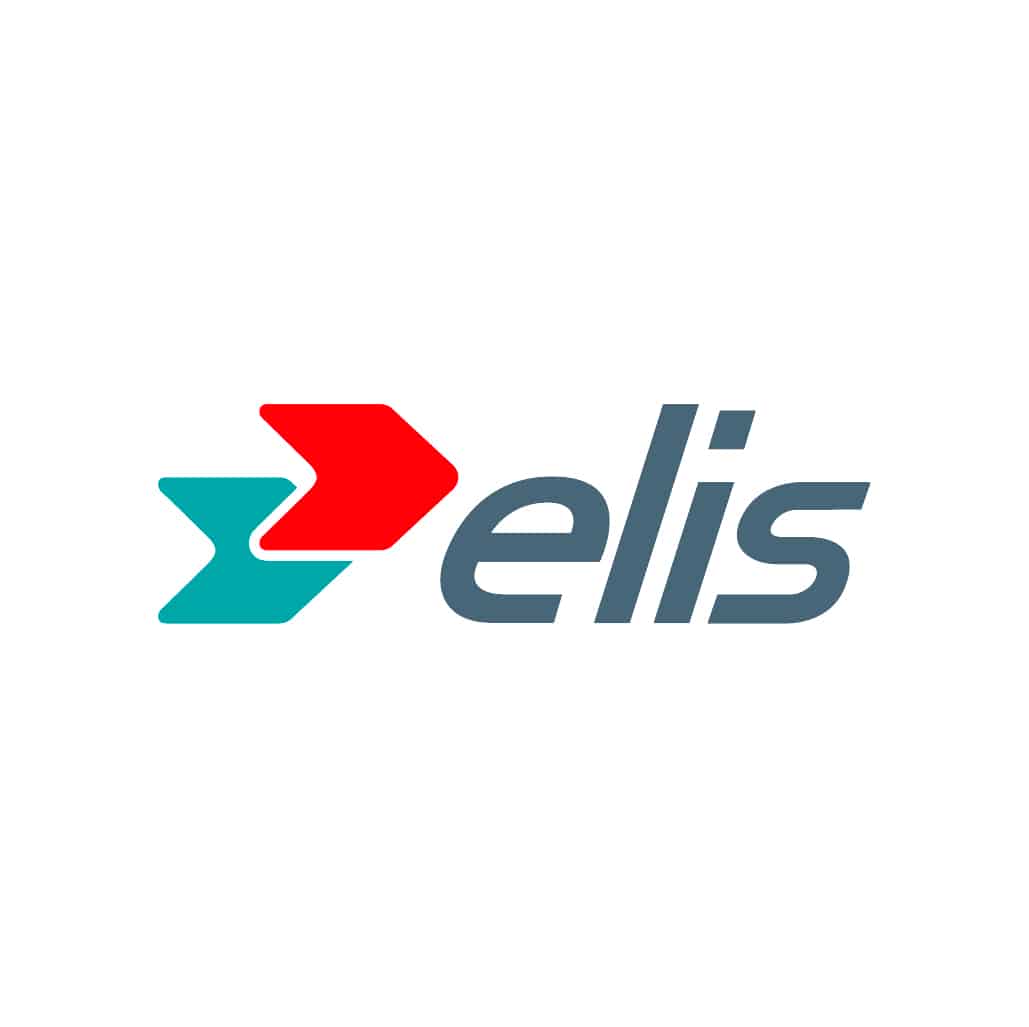
Terms of the action or commitment
As ELIS is in charge of the maintenance and end-of-life of its products, eco-design is a natural part of the development of its product. Thus, the Environment and Marketing departments work in collaboration, from the upstream phases of product design to anticipate the best possible alternatives to disposal. Their thinking is guided by three key areas: reducing waste at source, product maintenance and the recyclability of the materials used. After having deployed numerous action plans for its sanitary products, carpets, beverages and hotel and restaurant linen ranges, ELIS is committed to increasing the recovery of professional clothing at the end of its life.
Indeed, when textile articles no longer meet the quality requirements of our customers, they are taken in charge by specialized companies. After collection, the used textiles are sorted and transformed into rags for the automotive industry, aeronautics, DIY stores, etc. or into insulation materials.
ELIS wishes to continue in this direction and to study other recovery channels, in order to reach a target of 90% of recycled textiles by 2020.
Indeed, when textile articles no longer meet the quality requirements of our customers, they are taken in charge by specialized companies. After collection, the used textiles are sorted and transformed into rags for the automotive industry, aeronautics, DIY stores, etc. or into insulation materials.
ELIS wishes to continue in this direction and to study other recovery channels, in order to reach a target of 90% of recycled textiles by 2020.
Levers mobilized for circular economy (according to Ademe)
Implementation timeline
Starting year
2017
Ending year
2020
Main actors mobilized
Internal actors
Departments: Quality-Environment, Industrial-Method, Marketing, Purchasing, Sales
External actors
- Suppliers
- Customers using textile products in the industry, hotel, restaurant or health sectors
Geographic area
Elis France : 110 plants and 12000 employees
Photo / Video
2022 follow-up of the action
Date of follow-up
April 2022
Methods of validation of the follow-up
Internal follow-up conducted by the Group’s QSE Department
Status of the action
In progress
Completed
a) Results
Achieved
Partially achieved
Not achieved
Cancelled
Comparison with the projected pace in the last publications
Keeping up with the times
In advance
Delayed (reached in 2021)
Partial / Final results
In 2020, over 88% of Elis France’s used textiles were recovered.
In 2021, the objective was reached with 90% of Elis France’s used textiles recovered.
By 2022, almost all of Elis France’s end-of-life textiles will be recovered: either reused or recycled (rags, etc.) or recovered in the form of Solid Recovered Fuel (SRF).
In 2021, the objective was reached with 90% of Elis France’s used textiles recovered.
By 2022, almost all of Elis France’s end-of-life textiles will be recovered: either reused or recycled (rags, etc.) or recovered in the form of Solid Recovered Fuel (SRF).
Company's comments
In 2021, Elis France reorganized the collection of source-separated textile waste from all its laundries (flat linen, work clothes, personal protective equipment, mats) in order to simplify collection processes, centralize flows, increase the proportion of source-separated textile items and improve their recovery (recycling, reuse and recovery in the form of solid recovered fuel). Thus, flat linen is mainly reused as rags, while other source-separated products are mainly recovered as fuel, until the Group’s recycling projects can accommodate the necessary volumes.
In the case of work clothing, the Group is conducting experiments aimed at developing “Textile to Textile” recycling channels. The first items have been designed and woven in France using recycled yarns from Elis workwear. The durability of these garments will be assessed in 2022.
In the case of work clothing, the Group is conducting experiments aimed at developing “Textile to Textile” recycling channels. The first items have been designed and woven in France using recycled yarns from Elis workwear. The durability of these garments will be assessed in 2022.
